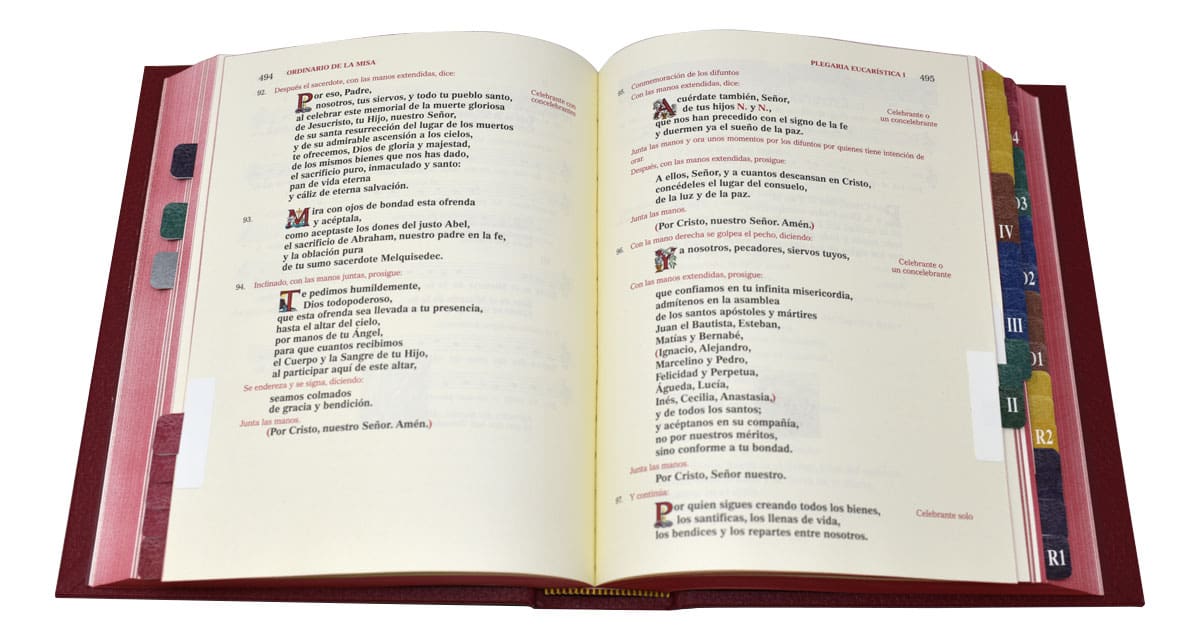A: While every verse of a Mass’s opening hymn may be sung, the musical tradition suggests it is not necessary to do so.
The General Instruction of the Roman Missal (GIRM) gives four options for singing at the beginning of the Mass: “(1) the antiphon from the Missal or the antiphon with its Psalm from the Graduale Romanum as set to music there or in another setting; (2) the antiphon and Psalm of the Graduale Simplex for the liturgical time; (3) a chant from another collection of Psalms and antiphons, approved by the Conference of Bishops or the Diocesan Bishop, including Psalms arranged in responsorial or metrical forms; (4) another liturgical chant that is suited to the sacred action, the day, or the time of year, similarly approved by the Conference of Bishops or the Diocesan Bishop” (n.48).
The hymn (“another chant”) is the last option, and whether its location should be read as an indication of the Church’s preference or not, its place does reflect the musical tradition of the Church, at least ideally. At Mass, the normative model for singing at the entrance has been—and still is—the antiphon and psalm pattern, as the first three options in the GIRM attest. The Church’s hymn tradition is by and large found in the Liturgy of the Hours (see Sing to the Lord: Music in Divine Worship, 115).
The Graduale Simplex, or Simple Gradual, mentioned above in GIRM 48, describes how the antiphon and psalm pattern is used: “The entrance, offertory, and communion antiphons are sung with one verse or with several as the circumstances suggest. An antiphon is repeated after the verses of a psalm. But there is an option regarding versicles, even including omission of some of them, provided the versicles retained express a complete thought” (19, translation in By Flowing Waters, xxviii, by Paul F. Ford). Thus, the objective of the opening chant is not simply to sing each of a psalm’s verses but (among other things) to accompany the minsters to their places in the sanctuary: the procession is the principal action, and the music serves the procession. The antiphon and psalm pattern is perfectly suited to this very purpose. When the hymn is substituted for the antiphon and psalm, its own verses should be used similarly.
But the Graduale’s direction that the verses sung “express a compete thought” is noteworthy for hymns based upon the Trinity: if verses one and two praise God the Father and God the Son, respectively, verse three ought not to be omitted along with the Holy Spirit!
The GIRM gives other purposes of the entrance chant, namely, “to open the celebration, foster the unity of those who have been gathered, introduce their thoughts to the mystery of the liturgical time or festivity, and accompany the procession of the Priest and ministers” (47). In addition to attending the procession, the “liturgical time or festivity” may dictate additional verses: a solemnity merits more musical attention than does a weekday.
Thus, based on the Church’s documents and traditional practices, but also on particular circumstances of the day or celebration, a hymn’s verses may conclude when the ministers reach their places or continue. No fixed rule is applicable.
—Answered by Christopher Carstens, Editor

